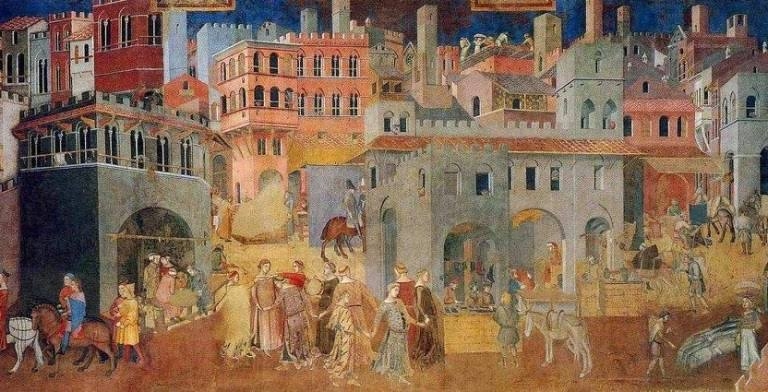He is a perpetual dreamer. Next Saturday, the day the results of football matches will be out is the D-day, the day when he will make it real big. Saturday of every week is the day the pools-better is sure will herald the El Dorado, the turning point in this chequered life in which money, big money, has been his dreams. To realize this dream, he stakes some money on the results of the English or Austrialian soccer league matches. He wins if his numbers feature among those of the teams that played draws in their encounters; otherwise he loses. In the case of the former he gets back manifold the staked amount; in case it is the latter the money goes to the pools betting promoter.
In a situation where the greatest wealth is surrounded by the most extreme of poverty, where the dominant value is to get rich at all costs, and where the majority of the wealthy did everything except sweat for their wealth, pools-betting with its promise of easy-money is bound to have a powerful lure for the underprivileged. But this lure is for those who are ignorant of the obsessive nature of pools betting.
For reasons of satisfying his many material needs and wants which his income could not afford him and the tales told of those who had “made it” through gambling, a man decides to take to pools-betting. A visit to the pools agent in this neighborhood and he is given some “sure-bankers” on which he stakes his money. The results arrive: a loss, the money gone! He takes another try and yet another – the same fate. Now he is losing faith in the whole venture, but he is urged on by “well-wishers” and the experienced in the game. They drum it into his ears that the road to high success is often thorny, especially in the beginning, that only those who endure will arrive. And so he tries again. This time, he “naps” some numbers, he “perms” some others.
The results arrive: a win! Jubilation galore, a sigh of relief. Part of the amount won is spent on celebrating with drinks, pepper soup and what have you. A small part he spends on satisfying a few of his pressing needs and the remainder goes for the following week’s stakes. In fact, his greatest regret is that he did not stake big enough money the previous week. You know, the higher the stakes, the higher the returns. Now, he is going to make the final scoop, and once and for all on the promoters. And so, he stakes almost half of the amount won the previous week. Again, the results come: a narrow loss. "Na only one cut am!", he exclaims in exasperation. The following week he will try. This man is caught in a bind.
He has no other interests than pools-betting. In advance, he books his own copies of soccer research; Capital, Sporting express, and other pools forecast weeklies and journals. If he cannot afford these, he spends the greater part of his day poring over them in offices of the pools agent. In short, when this man thinks, he thinks pools; all his talk is about pools. Pools, pools, pools, his whole Life!
In this situation, the real job of the acute pools stake suffers, his family is neglected, and he loses interest in the goings on in his environment and the country at large. In his work-place, for instance, if he is called upon to support his union that is fighting for better conditions of service, he shrugs off the call. Why should he be interested in such a mundane thing when by the next Saturday he’ll be making some cool, big money?
Although we sometimes hear of those who made big wins in pools-betting, for majority of stakers the prospect of getting rich through this means is illusory. The rule of the game is such that the promoters hardly lose. For instance, the amount paid by promoter to winners depends on the number of draws in the 58 ties. A draw of 20 and above attracts a quarter pay of the standard win,between 16 and 19 a half, while 15 and below attracts full payment. From this calculation, the probability of winning and getting the standard pay even if one wins is very low.
Thus it is always the stakers as a collective that lose. And those who win variously from week to week do so at the expense of fellow stakers who lost. But what is the morality of wanting to gain from other people’s losses?
In the last analysis, pools betting and other forms of gambling do no good to the individual and the country as a whole. Pools-betting divert the creative energy of those who indulge in it from productive ventures to a vocation that results in self-delusion and in the end, self-immolation. Something has to be done to end this obsessive drive for instant wealth.
The Guardian, Thurday, January 12, 1989




























